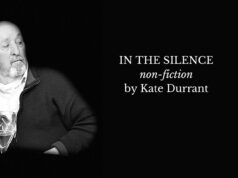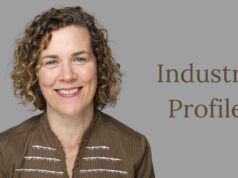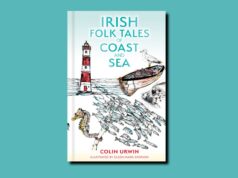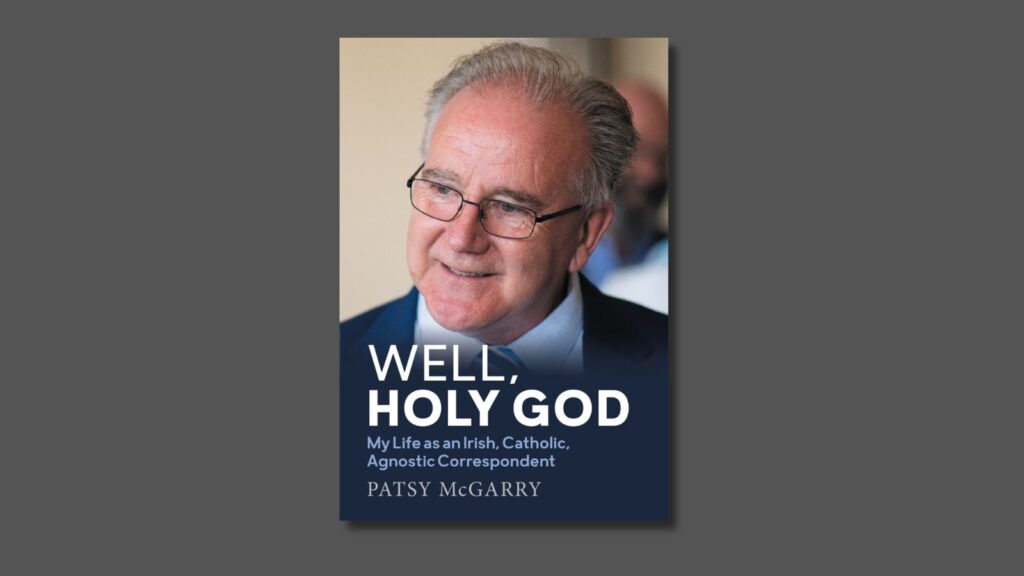
‘One of the great privileges of being a journalist is the access it gives you to people’
—Read about the time Patsy McGarry was on a plane with Pope Francis, in an extract from Well, Holy God (Merrion Press)
By February 2013, when he announced his resignation, it was clear that Benedict had lost control of the Curia at the Vatican, with a series of scandals culminating in the leaking to media of his private papers by butler Paolo Gabriele in 2012. The election of Pope Francis in March 2013 was as brief as that of his predecessor. As soon as we saw white smoke from the Sistine Chapel chimney, there was a rush from the press centre to nearby St Peter’s Square. It was not yet full as bells rang out and a damp drizzle fell, but it soon became very crowded as excited Romans taxied in from all over the city.
Then he emerged, the man Paddy Power had at 50 to 1 and no one had given a second thought to
People speculated on who the new pope might be and many thought that such a short conclave must mean someone like Cardinal Angelo Scola, Archbishop of Milan, had been elected. Indeed, that evening, the Italian bishops issued a press release congratulating him on his election. A hugely embarrassing mistake, the release was quickly withdrawn. Then he emerged, the man Paddy Power had at 50 to 1 and no one had given a second thought to because he was seventy-six and was said to have withdrawn his name at the 2005 conclave which elected Benedict XVI.
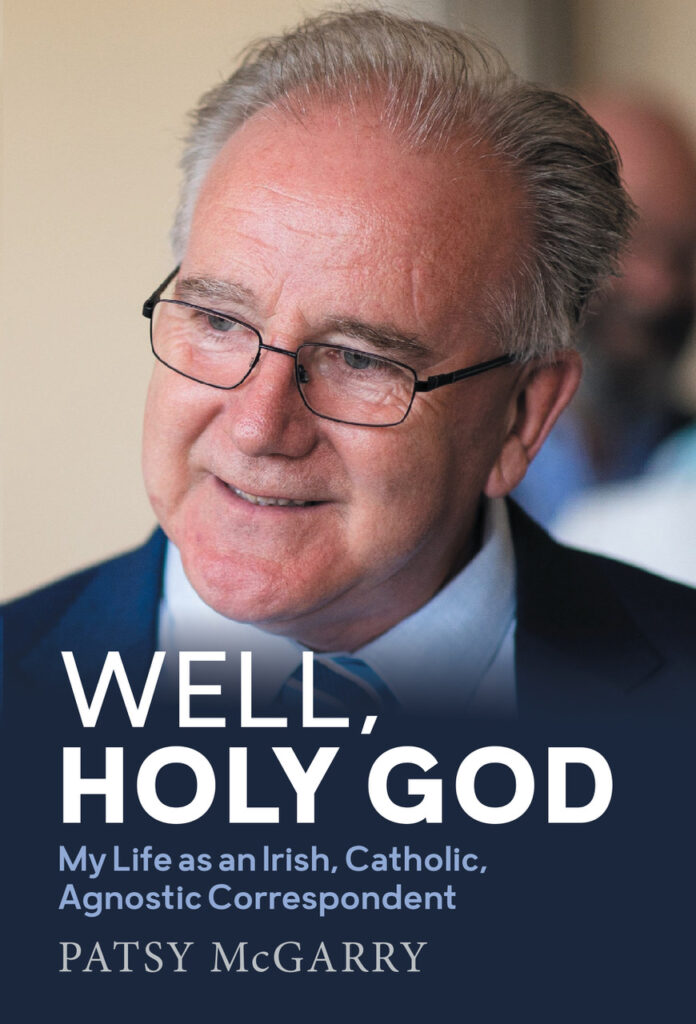
The name of Argentinian Jesuit Jorge Mario Bergoglio was proclaimed to the approximately 100,000-strong crowd in St Peter’s Square. There was a silence, with few aware of who this man could be. Some thought, because of his name, he must be Italian. (His parents were.) But almost immediately he won the Romans over with his homely words ‘Buona sera’ (Good evening) and an explanation that his electors had gone to the end of the earth (Argentina) to find him. This, clearly, was a man with a sense of humour and one who was very comfortable in his own skin. We wondered then whether he might be the first Jesuit Pope. He is.
This, clearly, was a man with a sense of humour and one who was very comfortable in his own skin
As soon as he left the balcony at St Peter’s, I set off looking for ‘colour’. Usually, on such a big story, there is a quirky humorous one as companion to all the dry fact. I wondered where I would find the like that evening, when I saw a sole Argentine flag being waved frantically way up St Peter’s Square. I elbowed my way there, driven on by an ever-nearer deadline. And so I met the luckiest Argentinian Catholic family in the whole wide world that evening. Well, certainly in St Peter’s Square. Seven of them, from Buenos Aires. The mother, Dolores, explained breathlessly how she knew Francis personally. You couldn’t make it up and I thanked my good fortune for chasing after that Argentine flag.
She said that the new pope was ‘very honest. I think he is going to do big things for the Church.’ Her son Francisco (20), a student of music and the one carrying the flag, knew the new pope too and pointed out that both he and Francis had the same name. He wondered whether, all in all, his election might even be as good as Argentina winning the World Cup in football.
One of the great privileges of being a journalist is the access it gives you to people
Through all this excitement, I was nagged by a memory. As with all cardinal electors before the conclave that elected Francis began, Irish Primate and Archbishop of Armagh Cardinal Seán Brady had celebrated Mass at his designated church in Rome, that of Saints Quirico and Giulitta on Via Conti. He and his assistant, Father Tim Bartlett, had spoken briefly to us Irish media afterwards. Speculating about how long the conclave might last, Father Bartlett said Cardinal Brady didn’t think it would take too long. I suggested it wouldn’t do if the election was to happen on the Friday of that week, 15 March, the Ides of March, anniversary of the assassination of Julius Caesar. It was then that Father Bartlett said the election could be over as early as Wednesday 13 March. It was. I reported this to Dublin that night, but it was too late for publication. Remembering this in St Peter’s Square that Wednesday evening I could have wept. What a scoop was there!
One of the great privileges of being a journalist is the access it gives you to people. It is something I never get used to and never take for granted. I was on the plane with Pope Francis to and from Ireland in 2018. It was my first time to cover a papal visit from ‘the inside’. It is normal for a number of journalists from the country a pope is visiting to be offered seats to travel with him and the Vatican press corps, as part of the VAMP (Vatican Accredited Media Personnel) on such trips. It meant five of us from Irish media and two cameramen were included in the seventy-four-person contingent on the papal flight with the security people and Pope Francis himself.
Most of us flew to Italy the previous Thursday on the 6.20 morning flight from Dublin to Rome. The following day we received our press accreditation at the Salla Stampa (Vatican press office) near St Peter’s Square and collected our return tickets to Dublin a few doors farther down Via della Conciliazione. Tickets cost €1,277 each. Pricey, at half the price. Our advice was to be at Fiumicino Airport by 5 a.m. the following morning. It meant a 4 a.m. start, my second that week (the first was to catch the Dublin to Rome plane).
The trip to Ireland was on a very squashed Alitalia flight – ‘Shepherd 1’ as it was called. Pope Francis and his entourage were behind a curtain towards the front of the plane. The first many rows were full of mounted TV cameras on both sides, then there were the radio people and finally those of us print/ digital journalists working for newspapers and magazines. I found myself sitting beside Gerard O’Connell, a veteran Vatican journalist originally from Cork, and his wife, Elisabetta Piqué. From Buenos Aires, she wrote one of the first biographies of Pope Francis following his election in 2013. She had known him for many years by then and, no doubt, this was a help in Gerry O’Connell being one of the very few journalists to predict, prior to the March 2013 conclave, that Cardinal Jorge Bergoglio was likely to be the next pope.
A short time into our flight Pope Francis came down through the plane to speak to us. He was very informal, chatty and relaxed, speaking to everyone and shaking hands with people individually. Clearly a very warm, genuine, good-humoured man, he spoke only in Italian. Most members of the Vatican press corps had English, so they translated for the rest of us when necessary.
A short time into our flight Pope Francis came down through the plane to speak to us. He was very informal, chatty and relaxed, speaking to everyone and shaking hands with people individually
Of course, he was particularly warm to his old friend Elisabetta and her husband, Gerry. And so he came to me who, having no Italian, could only smile back. People had been encouraged to talk to Pope Francis about personal matters and those close to their hearts, though it hardly seemed the environment to do so with so many of the world’s media eavesdropping. But Martin Bashir, then Religion Editor of the BBC, did tell a clearly delighted Pope Francis how he had just got word that morning that he was a grandfather. Bashir had yet to be exposed for deceiving Diana, Princess of Wales into giving that infamous ‘there were three of us in this marriage’ BBC interview in 1995.
We had been told that it was protocol that none of us should send reports from the plane. The reason for this was never clearly explained, whether for safety or to prevent media trying to scoop one another, but we duly obliged. Still, as we came in to land at Dublin Airport, I couldn’t resist sending a short video clip of Pope Francis talking to us en route from Rome to a colleague who was writing a live Irish Times blog on the event.








